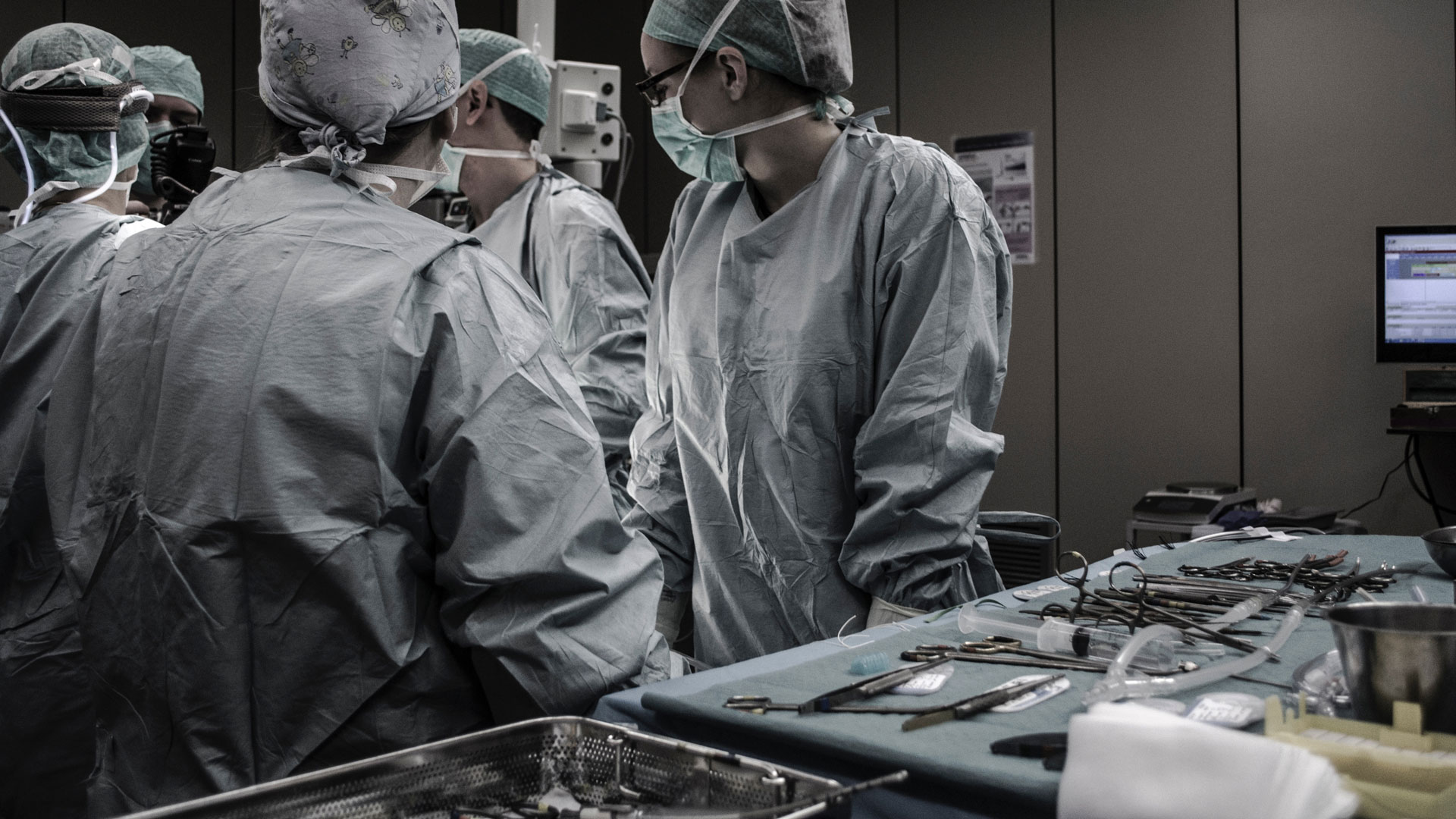
As medical technology has evolved, many tremendous advances have been made. However, along with these advances have come numerous cases of certain medical devices proving to be unsafe for many patients. One of the most common has been surgical mesh, which in recent years has been the subject on intense scrutiny from the U.S. Food and Drug Administration. As a result of more and more instances of complications from this and other types of medical devices, the FDA has announced plans to tighten regulatory requirements for some categories of medical devices.
While many different types of medical devices are now in use on a daily basis by doctors, it is surprising to learn that unlike drugs that are closely scrutinized and regulated, most medical devices are subject to few if any regulations pertaining to their safety once implanted in patients. As a result, many devices break down or malfunction once inside a patient’s body, leading to infections, internal bleeding, and in some cases death. To curb this disturbing trend, the FDA now has a process underway in which it will use different assessment methods to determine the safety and viability of medical devices.
Though some devices are required to have successful human testing prior to being made available to doctors, which is known in the healthcare industry as pre-market approval, many others are allowed to be put on the market after manufacturers provide information supposedly showing their device is similar to those already being sold. While this may sound logical, the FDA now believes many manufacturers may in fact be providing data that is false or misleading in other ways, enabling them to get their devices on the market much faster, leading to larger profits.
While many different types of medical devices have been recalled for various reasons, one of the most common has been hip implants. Along with causing swelling and pain, many implants have also led to patients experiencing weakened bones, which was later found to be caused by the plastic used in many implants. According to researchers, part of the problem lies in the ability of companies to state their device is similar to those already on the market. As many researchers note, many new devices entering the market are likely being compared to similar devices that were also never tested, which ultimately compounds the problem by putting even more faulty devices on the market.
Due to the prevalence of these devices, many patients who have suffered life-threatening or debilitating ailments as a result of their implants have reached settlements with device manufacturers. Yet while device manufacturers generally agree with the FDA that certain changes need to be made in the regulatory realm, they often disagree about the extent of the changes. In many instances, device manufacturers oppose efforts by the FDA to have medical devices regulated the same way as pharmaceuticals, stating they believe it is impossible to adequately compare these two situations.
In its efforts to improve the quality of medical devices as well as ensure higher levels of patient safety, the FDA has proposed a series of changes aimed at tightening regulatory requirements. These include no longer allowing manufacturers to base their reasoning for a device’s safety on other devices that are more than 10 years old, taking a more proactive role in watching how devices perform once on the market, and creating a more effective evaluation process known as the “Safety and Performance-Based Pathway.”
With numerous changes expected to take place in the coming years, doctors and patients are all hoping today’s medical devices will be safe to use for those needing them.
Learn more Medical Device News.
